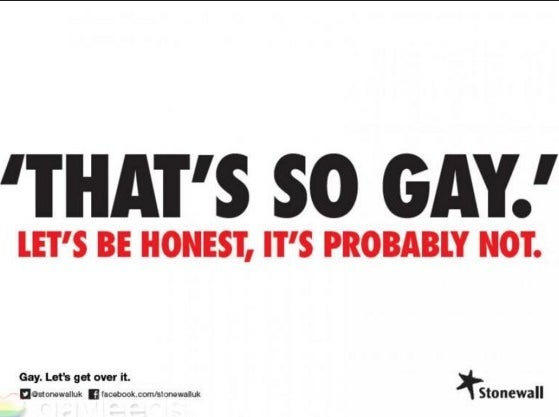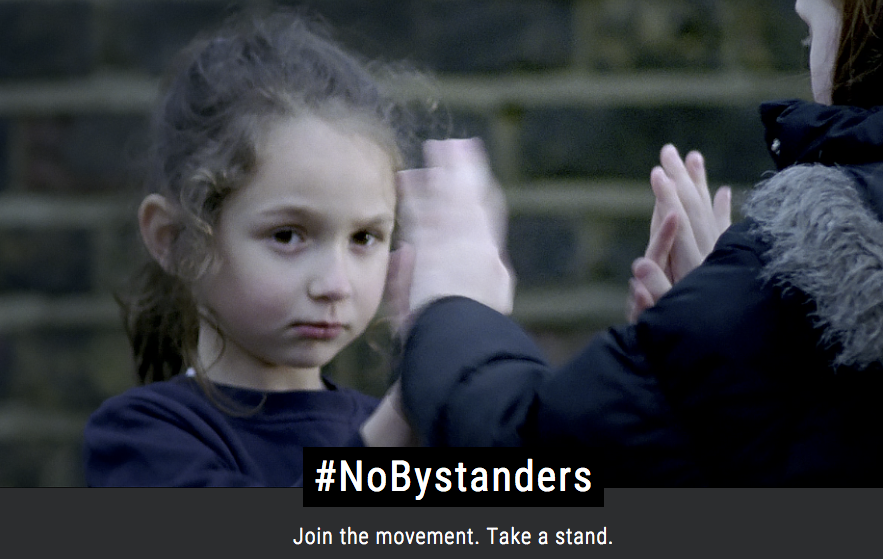

A study of more than 2,000 adults in the UK found that nearly 1 in 5 admitted to having used offensive language against lesbian, gay, bisexual, and transgender people in the past year.
The research, carried out by Stonewall, the LGBT equality charity, found that 19% of respondents said they had made comments against the LGBT community over the period, while a further 63% – nearly two-thirds – of those who had heard others use such remarks said they failed to step in to challenge them.
Thirty per cent of those surveyed said they had heard homophobic, biphobic, or transphobic comments such as "poof" or "dyke" in the last month alone, while 49% had witnessed similar words uttered in the past year.
The study found that although nearly a third – 31% – did intervene when they heard anti-LGBT remarks, only 3% offered support to those on the receiving end of it. And women were twice as likely to confront people making offensive comments to or about LGBT people.
Perhaps most telling in the data was how it breaks down according to age. The youngest surveyed – 18-24-year-olds – were the most likely to use such offensive language (at 32%) but were also the most likely to intervene when hearing abusive remarks (at 42%). By contrast, among people aged 55 and over, 15% admitted to saying anti-LGBT words, but only 24% said they had stepped in when others did.
The results of the study, which was conducted by YouGov, have been released during Anti-Bullying Week, a nationwide initiative to challenge bullying in all forms.

Stonewall has now launched a campaign called No Bystanders to encourage people who hear derogatory comments towards LGBT people to either challenge the person making them or offer support to the recipient. More than 16,000 people have so far signed up to the initiative, pledging to "be brave, be heard and be kind".
"We’re not asking people to step into situations that are dangerous or to put themselves at risk," said Ruth Hunt, the chief executive of Stonewall. "Not being a bystander can be simply offering support to someone who has been bullied. Challenging bullying requires courage but it does make a difference."

Earlier this year, Joseph Flinders, a gay radio producer from Manchester, posted a Facebook status directed at his younger sister's anti-gay bully, which went viral, as it both challenged the language she was subjected to and championed her.
After hearing about the results of Stonewall's survey, he told BuzzFeed News: "One in five people: you're almost guaranteed to know someone that makes a comment directed at someone that's fuelled by hate. That's a shocking ratio of people. More shocking is the fact that more than half of people don't say anything."

Flinders added: "When I was in high school if anything [homophobic] was said to me, rarely did anyone ever step in. As an adult I've heard homophobic language on the street and no one challenged it. Sometimes it is hard to challenge someone you don't know but if you don't say something to oppose it you're almost agreeing with it."
He also believes it is more important to assist the victim: "More attention should go to the victim than the perpetrator because you can't force a perpetrator to understand. If a victim of homophobia is shown support that's the burden halved instantly. The more people that show support, the less of an audience homophobes will have. If you don't feel alone, you don't feel as alienated."
